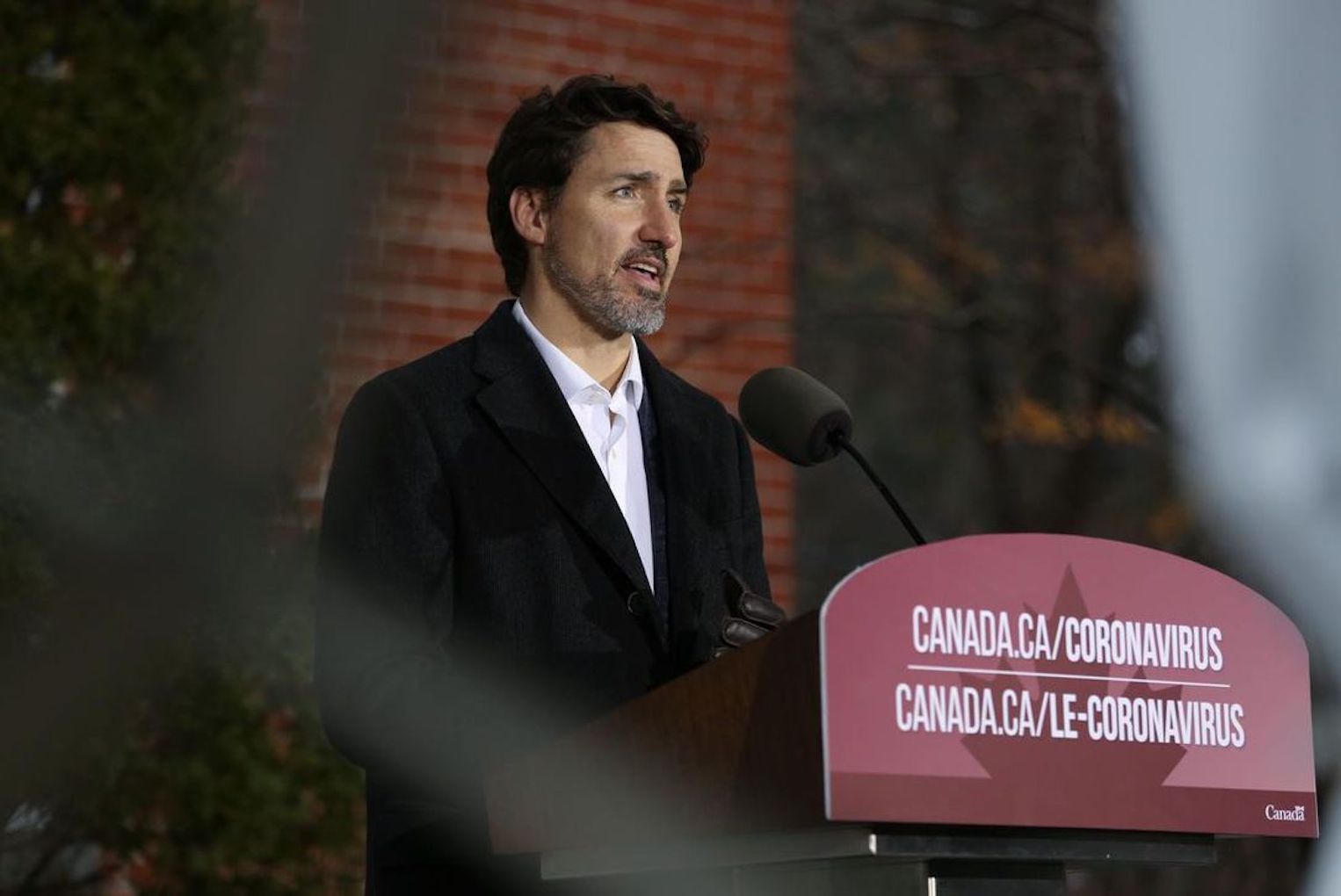Written by Susan Delacourt, National columnist, Toronto Star, featuring Earnscliffe’s newly-released polling data. Click here to read the original.
The “new normal” that Prime Minister Justin Trudeau warned Canadians about back in April is now upon the nation, as the gradual reopening begins.
The picture of that condition got clearer this week. The new normal keeps its distance from neighbours, even U.S. neighbours. It works at home when it can and wears a mask when it goes out.
While individual Canadians are sorting out what this all means for their own personal lives, a new poll came out this week, framing the new normal in the bigger picture. Earnscliffe Insights surveyed nearly 2,000 people about what this pandemic has done to change Canadians’ lives, in the short term and long term.
No surprise, there is near unanimity — 96 per cent — saying that the pandemic has had some impact on their lives.
A fascinating division emerges, though, when people were asked about what they wanted life to look like when this pandemic is over. About 58 per cent of respondents said they “just want everything to go back to the way it was.” But 72 per cent also said that the pandemic is an opportunity to make some “major changes to Canadian society.”
While that looks like a contradiction on the face of things, my best guess is that Canadians are dividing the new normal into two separate boxes: what they want for their own lives, and what they want for the broader society. People are keen to put their own lives back on track, but they want to walk back into a world that has been changed by the lockdown.
The poll’s results were released in an online web discussion on Friday (in which I was a participant). The illustrious pollster Allan Gregg led the conversation, which was titled “This Changes Everything.”
“That might be a bit of an exaggeration,” Gregg said later. “But our research definitely shows that the pandemic is going to change a lot of things.”
The poll asked respondents to consider an array of possible societal changes after the pandemic. There’s large support — 75 per cent — for strict health and safety measures in workplaces, and nearly 70 per cent backing for continued physical distancing.
There is no huge appetite to rush the reopening: nearly half of respondents said they were worried about things opening up too early, compared to the 27 per cent who said they were concerned about waiting too long.
Considerable support is also shown for limiting numbers of people in retail stores (67 per cent); banning sports events and festivals (53 per cent) and limiting social gatherings including weddings and funerals (54 per cent).
Where the new normal gets more controversial, though, is when people are asked about rules and laws. Mandatory mask-wearing gets a 41 per cent approval rate, while opinion is sharply divided on whether it should be a crime to go unvaccinated, with 43 per cent saying that’s a good idea and 31 per cent saying it shouldn’t be a crime.
The most polarizing prospect, though, revolves around contact tracing, which Trudeau and the premiers have been talking up in the past week or so as a requirement for getting to some kind of normal.
Only 28 per cent of the poll respondents said that Canadians should be required to have their location tracked to monitor exposure to COVID-19. A full 48 per cent were definitely not on board with that idea, with 28 per cent saying they were strongly opposed.
Gregg says this highlights a distinction Canadians are making between their health and their privacy. “By and large we support restrictive measures that have been put in place to suppress the spread of the virus,” he said, but “Canadians’ deference to authority is not without discrimination.”
The same dynamic may be at work here as with the differing results on back to normal versus societal change. People are OK with the new normal as they define it for themselves in their own lives, but having government define it for them makes it trickier.
Doug Anderson, one of the lead researchers and analysts for the poll, sees the results as a political opening — “a reasonably strong force for progressive change right now,” he says. “Canadians know that we come up with some amazing and even iconic or defining policies when we are pressed. I can’t think of a time more suited to such solutions,” Anderson says. “If the last election was kicked off with each party identifying ‘affordability’ as the big issue of the day, imagine where that stands now in people’s minds.”
The full results of the poll, which was conducted online from May 6 to May 14, will be available on the earnscliffe.ca website, with far more than is written here. It show that the “new normal” is a vast, complicated terrain that we’re now entering.
